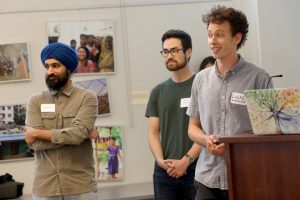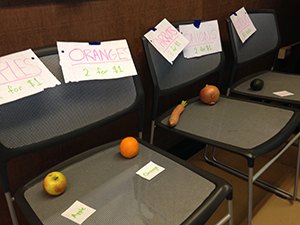There’s no getting around the veracity of Matthew 26:11. “…For ye have the poor always with you,” as the King James Version has it. But as long as there has been poverty, there have also been decent souls trying to eliminate it.
So how are they doing? Not very well. According to the World Food Programme, 805 million people don’t have enough to eat. World Bank figures confirm that more than 3 billion people—or somewhat less than half the total planetary population–eke by on less than $2.50 a day, while almost 1.5 billion subsist on less than $1.25 a day. Fully 80 percent of the planet’s people get by on less than $10 a day. In other words, it’s not so much a case of the poor always being with us. Considered from a global perspective, the poor are us. Most human beings live in poverty, and for many the situation is utterly desperate.






